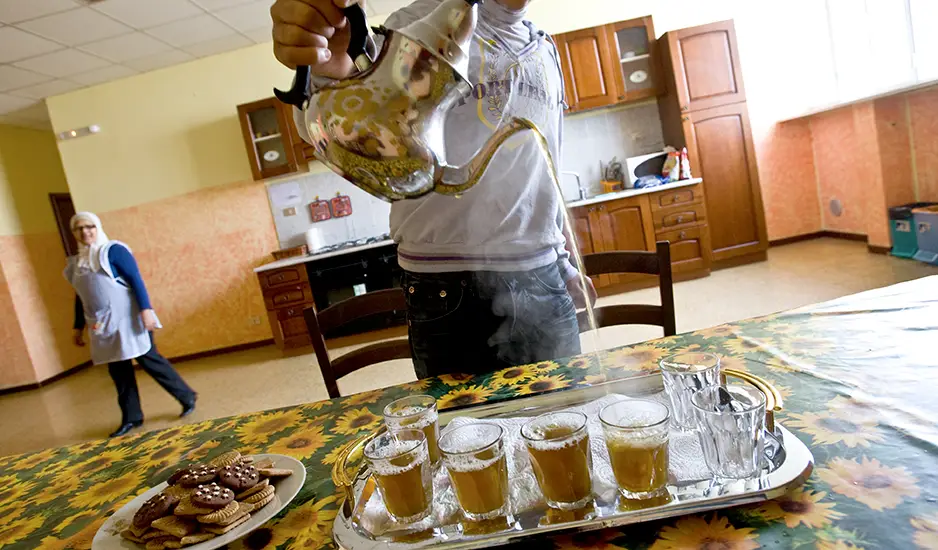A project for prevention and treatment/rehabilitation, promotion of new and equal opportunities and support for the growth, autonomy and inclusion of foreign children and young people.
Mission:
Working together for inclusion
The NOMiS Project, promoted by our Foundation since 2006, now consists of a network of organisations across the territory of Turin that are committed, in a coordinated and integrated way, to combining prevention and treatment/rehabilitation, promoting new and equal opportunities and supporting the growth, independence and inclusion of foreign minors and young people (unaccompanied, reunited, second generation), focusing in particular on those facing the greatest difficulties and who risk or have already experienced delinquency.
NOMiS deals with children and young people who are denied or have limited access to citizenship rights or to decent living standards, who are severely marginalised or who permanently experience a lack of opportunities to achieve their aspirations. It is a network of resources and skills that provides multiple reception and support opportunities for migrant children and young people to integrate and achieve.
It is a widespread and “living” network that has constantly generated new processes, research, reflections, sharing of operating methods, experiments, and which is now involved in different kinds of interventions, including: “low threshold” local and touring educational initiatives; widespread interventions in schools, out-of-school settings and local communities; specific interventions to support individuals and families, provide residential accommodation, support, training and employment; specialised interventions with psychological counselling, educational and legal advice.
Integrating these different levels of operation and the skills behind them means that, by ensuring an effective and constant presence in the public space, issues can be identified and understood when they arise and solutions can be provided to problems and difficulties that have already manifested themselves more clearly, interacting with other operators and “specialised” services (legal services, social, health and educational services).
This has allowed the project to provide increasingly personalised support for difficult growth paths, to have a presence in different areas of the city, developing interventions suited to the local context, sharing an understanding of changing realities, building models of intervention together that reflect the changes, weaving relationships with other entities that recognise their educational responsibility and generating new ideas, creating experimentation paths and transferring the skills and lessons learned to others, in order to build new projects in different local areas.
In order to guide the project and establish its strategies, an inter-institutional steering committee has been set up that includes the following organisations: Piedmont Region, Municipality of Turin, Youth Justice Centre for Piedmont and Valle d’Aosta, Prefecture, Turin Police Headquarters, Youth Court, Public Prosecutor’s Office at the Youth Court, Inter-Municipal Consortium for Personal Services of Collegno, Grugliasco, Rivoli, Rosta and Villarbasse, District 3 of the city of Turin and the Department of Youth Policies and Regional Guarantor of the Rights of Children and Adolescents.
The operational partners that implement these actions are private sector social service providers: Cooperativa Sociale Esserci, Cooperativa Sociale Synergica, Associazione Gruppo Abele, Oratorio San Luigi – Istituto S. Giovanni Evangelista, Associazione ASAI, Associazione il Nostro Pianeta, Associazione Frantz Fanon, ASGI – Associazione per gli Studi Giuridici sull’Immigrazione.
